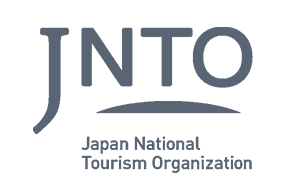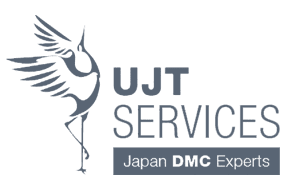Covid 19 considerations when choosing hotels

Choosing a hotel
Choose properties that base their protocols on science, rather than things that sound good but have little effect or take focus away from areas that really matter. Look for hotels that have installed plexiglass at reception and that require staff to wear masks, or where you can check-in online.
If you book through a reputable travel agent, they will ensure that all accommodations on your trip guarantee regular cleaning and disinfection of frequently touched surfaces and have good ventilation systems and hotel staff trained in basic infection prevention and control.
Take the stairs instead of the elevator
If you can, avoid elevators and, if able take the opportunity to exercise and use the stairs. Thus selecting rooms on the lower floors may be preferable than seeking the room with the best view at the top of the building. Also, seeking hotels that permit you to use your phone as your room key rather than a physical key or even a key-card is preferable.

Dining at the hotel
Room service may be safer than the restaurant. If you do go to the restaurant, avoid self-service buffet-style restaurants. Picking up a large plastic that was handled by dozens of people just before you immediately before eating would not be a great idea. In reality, most hotels and restaurants will already have adapted to this reality and have either eliminated buffets altogether or will have a staff member plate your buffet from behind plexiglass.

Is the pool safe to swim in?
Go for a swim if the pool isn’t crowded. The chlorine in a standard pool cleaning kills viruses, so the pool is probably safe. Staying 6 feet apart from others when walking to and from the pool may be a higher risk factor than swimming in the same pool as them. It worth noting that many spa facilities like sauna’s and Jacuzzi’s may not be open due to covid related restrictions.

Are the rooms clean before check-in?
Be aware that hotels may look different in reality from their photos on the hotel or air b & b website. There will be fewer decorations in that dreamy Airbnb, few soft furnishings and extra cushions and blankets in hotels, and no books to borrow & non-essentials will have been removed from the rooms.

Airbnb’s Enhanced Cleaning Initiative includes a 24- to 72-hour vacancy period between guests (though cleaners may visit during that window), but it’s likely unnecessary given evidence that the coronavirus floats in the air only up to three hours. Since it’s possible for the virus to live on surfaces for two or three days, you could give high-touch surfaces an extra clean.

And, of course, the key to staying safe on any property is to wash your hands when you arrive in your room and again before you leave. Since our smartphones are like an extension of our hands these days, it’s worth remembering to also give this a good wipe down after coming back to your room at the end of each day.









